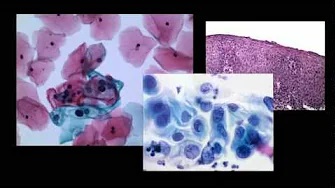Document Type
Article
Publication Date
1-14-2020
Abstract
Philadelphia chromosome-like B-cell acute lymphoblastic leukemia (Ph-like ALL) accounts for 15% to 30% of B-cell acute lymphoblastic leukemia in older children, adolescents, and adults and is associated with high rates of conventional treatment failure and relapse. Current clinical trials are assessing the efficacy of the addition of tyrosine kinase inhibitors (TKIs) to chemotherapy for children and adults with Ph-like ALL harboring ABL class translocations or CRLF2 rearrangements and other JAK pathway alterations. However, real-time diagnosis of patients can be quite challenging given the genetic heterogeneity of this disease and the often cytogenetically cryptic nature of Ph-like ALL-associated alterations. In this review, we discuss the complex biologic and clinical features of Ph-like ALL across the age spectrum, available diagnostic testing modalities, and current clinical treatment strategies for these high-risk patients. We further propose a practical and step-wise approach to Ph-like ALL genetic testing to facilitate the identification and allocation of patients to appropriate clinical trials of TKI-based therapies or commercially available drugs. Although the majority of patients with Ph-like ALL can be successfully identified via current clinical assays by the end of induction chemotherapy, increasing diagnostic efficiency and sensitivity and decreasing time to test resulting will facilitate earlier therapeutic intervention and may improve clinical outcomes for these high-risk patients.
Recommended Citation
Harvey RC, Tasian SK. Clinical diagnostics and treatment strategies for Philadelphia chromosome-like acute lymphoblastic leukemia. Blood Adv. 2020 Jan 14;4(1):218-228. doi: 10.1182/bloodadvances.2019000163. PMID: 31935290; PMCID: PMC6960477.

